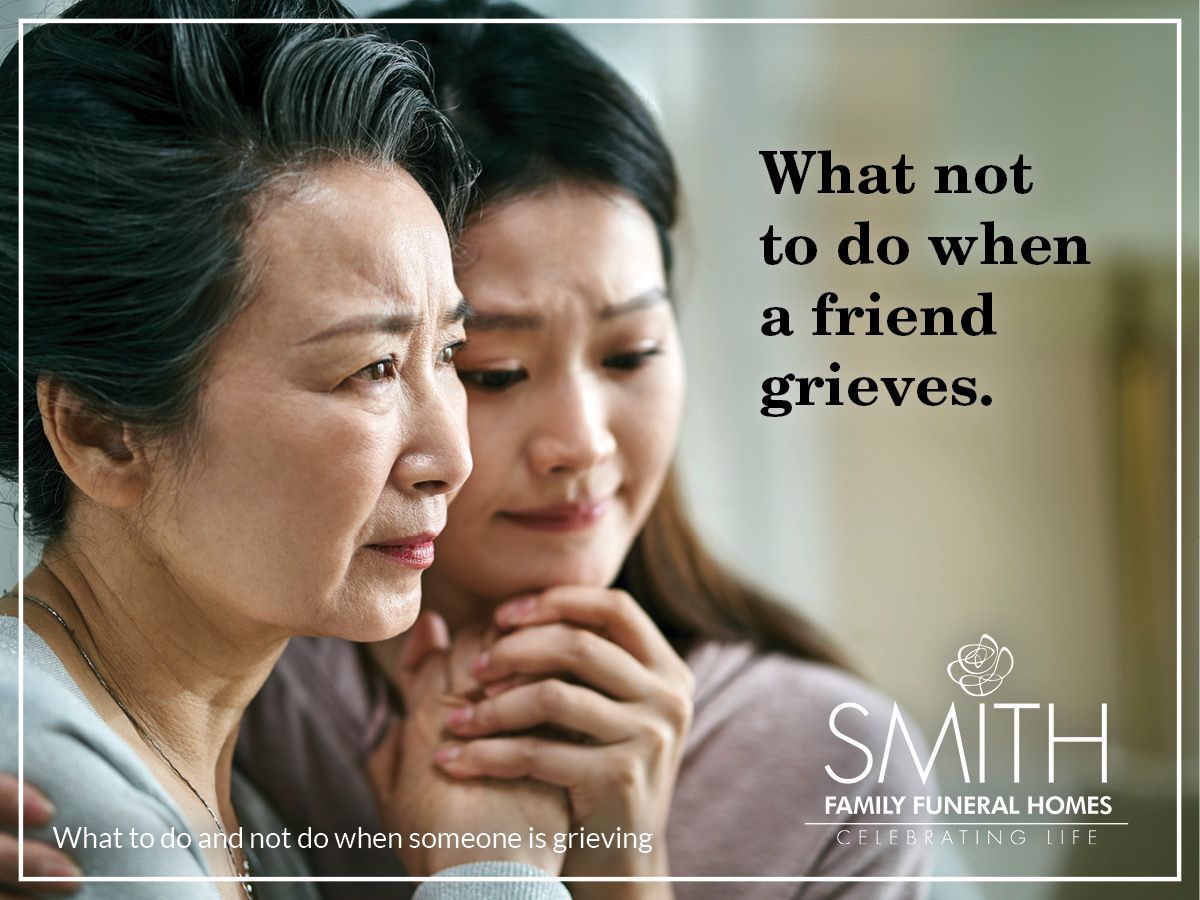
Very often people feel uncomfortable using the name of a person who recently died when they are conversing with family members. No one wants to add to the burden of those who are mourning. On the other hand, those who are grieving know who died. They know the name. Avoiding using the person’s name can feel artificial.
There are some cultures where not using the person’s name is a mark of respect. For example, Australian Aboriginal peoples do not use the name of the deceased but instead refer to the deceased as “kunmanara”, which translates to “what’s his name”. In America we fill in for the person’s name with pronouns - he or she. But one wonders if, to family members, those pronouns feel the same as “what’s his name”?
Many mourners tell us when they don’t hear their loved one’s name, they feel like he or she is erased. They want to hear the name. They want to talk about the person who is gone from their life.
There is, no doubt, a delicate balance to maintain between awkwardly avoiding naming the dead and putting a person who is experiencing raw grief on a path down memory lane they are not yet able to handle. A good rule of thumb might be to use the name in a natural way. In other words, don’t go out of your way to work around using the name of the person who died. Speak naturally.
At the same time do let the person who is mourning take the lead when it comes to the “remember when” conversations. People who are grieving may want to talk about the person who died one day and not the next. Pay attention to cues from the family members.
While there are some things people really don’t want to hear…
· I know how you feel
· He’s in a better place
· At least she lived a long life
· Time will heal
There are some words that are comforting…
· I am sorry for your loss
· You and your family are in my thoughts / prayers
· Use the name and briefly share how you knew him or something you especially liked about her
Don’t let the fear of saying the wrong thing or not having the perfect words keep you from talking with someone who has recently lost a loved one. Begin by letting go of the notion you can make anything better for the mourner with words. No matter how eloquent you may be, grieving is work. It is the human response to loss. Grief is painful, it is hard, it can’t be fixed with magic words. Let go, relieve yourself of the pressure to say the perfect thing. Let the one who is grieving know they are not alone. You can let them know you care. Your presence, your kindness, helps.
Smith Family Funeral Homes provides quality funeral, memorial and cremation services to the families of Central Arkansas. Their six locations can be found in Little Rock, North Little Rock, Westbrook, Sherwood, Benton and Arkadelphia. With a privately-owned crematory operated by licensed professionals, Smith Family Funeral Homes can guarantee their high standard of care throughout the cremation process. To learn more, visit smithfamilycares.com.













